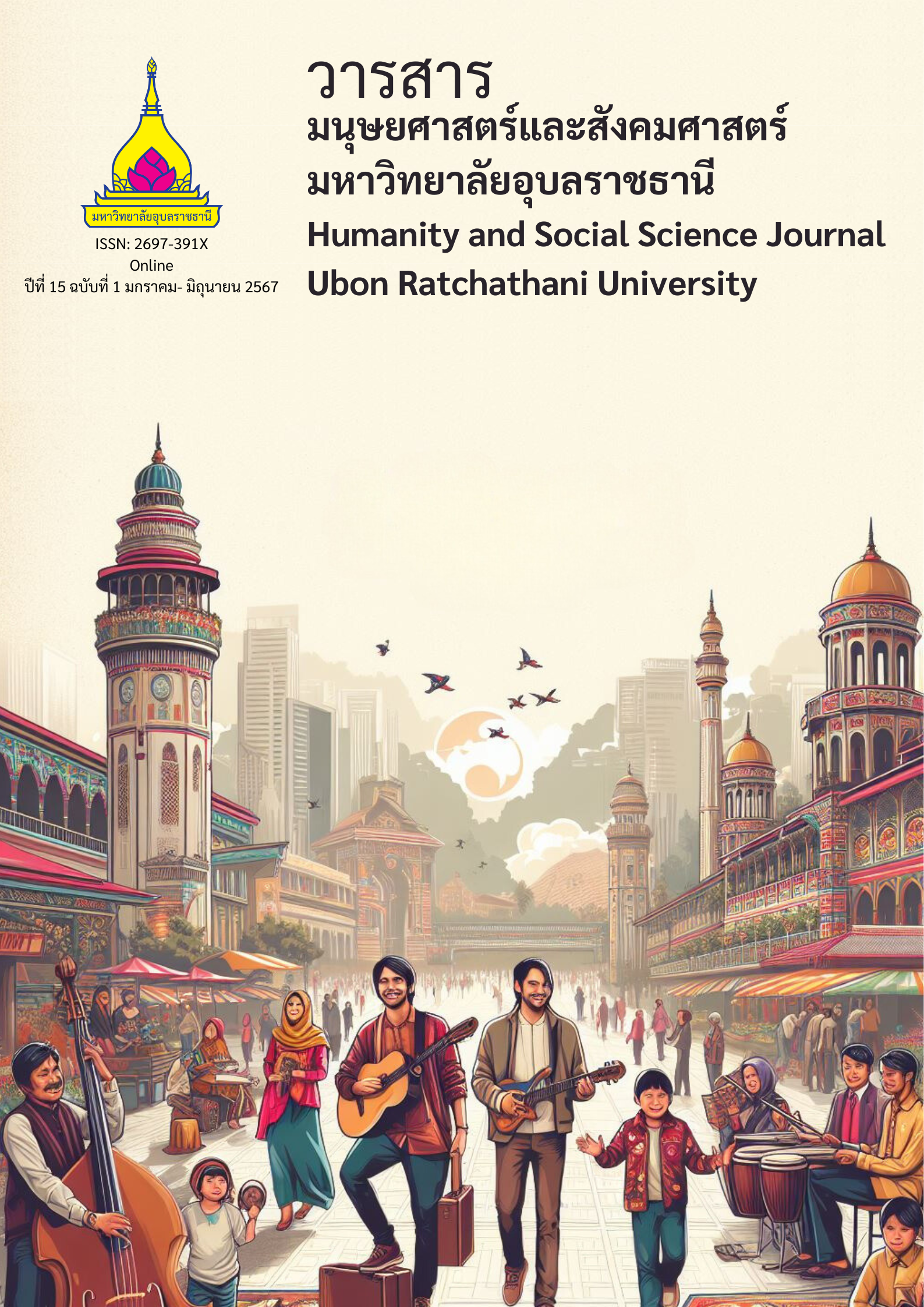The Legal Issues of Compensation and Remediation Measures in Trespass Cases within Thailand's Conservation Forest Areas
Main Article Content
Abstract
Currently, Thailand employs strict civil litigation to address trespassing in conservation forest areas. However, challenges arise as evidence from environmental economics, utilized by public authorities to assess environmental damages, is often disputed by involved parties. Furthermore, there is a lack of emphasis on the participation of all relevant parties in law enforcement processes. Additionally, the Court of Justice faces limitations in determining appropriate remedy measures for incurred damages. These shortcomings contribute to an unjust restoration of conservation forest areas affected by trespassing.
This article explores potential solutions to address the limitations in determining compensation and remedy measures in civil cases of trespassing within Thailand's conservation forest areas. To inform these solutions, a comparative analysis with the legal processes in the United States of America is conducted. Thus, the article aims to suggest amendments, improvements, additions, or interpretations of existing laws pertaining to compensation and remedy measures concerning damages resulting from trespassing in Thailand's conservation forest areas for more appropriate outcomes.
Article Details

This work is licensed under a Creative Commons Attribution-NonCommercial-NoDerivatives 4.0 International License.
บทความที่ได้รับการตีพิมพ์เป็นลิขสิทธิ์ของวารสารมนุษยศาสตร์และสังคมศาสตร์ มหาวิทยาลัยอุบลราชธานี
ข้อความที่ปรากฏในบทความแต่ละเรื่องในวารสารวิชาการเล่มนี้เป็นความคิดเห็นส่วนตัวของผู้เขียนแต่ละท่านไม่เกี่ยวข้องกับมหาวิทยาลัยอุบลราชธานี และคณาจารย์ท่านอื่นๆในมหาวิทยาลัยฯ แต่อย่างใด ความรับผิดชอบองค์ประกอบทั้งหมดของบทความแต่ละเรื่องเป็นของผู้เขียนแต่ละท่าน หากมีความผิดพลาดใดๆ ผู้เขียนแต่ละท่านจะรับผิดชอบบทความของตนเองแต่ผู้เดียว
References
Benjachaya, S. (2008, February 1). The court’s witness in civil compensation case regarding forest trespasser. https://www.dnp.go.th/ fca16/file/bshmvw07bkd7jcx.doc. (In Thai)
Jaihan, N. (2018, May 18). The problem about damage calculation on the destruction of natural resources. siamrath. https://siamrath. co.th/n/35872. (In Thai)
Jumpa, M. (2009). The introduction to the US law. Bangkok: Winyuchon. (In Thai)
Muanpawong, S. (2008). Participatory learning to legislative drafting Act on Procedure of Natural Resources Case B.E. (book 3): the complete report, pp 174-182. (In Thai)
Muanpawong, S. (2018). Full option of the environmental justice. Jounal of Supreme Court, 12. (In Thai)
Pali, B (2020). European Forum for Restorative Justice. https://www.euforumrj .org/ sites/default/files/202005EFRJ_Thematic_Brief _Restorative _Environmental_Justice.pdf. 1-2.
Phongphaichit, P.(narrator). (2021). Seminar men with the forest: motivation to conserve under national parks law. Bangkok: Faculty of Economics, Chulalongkorn University. (In Thai)
Ruangsri, W. (2009). The assessment of environmental value: the experience from the United States courts. Proceeding of the new way in developing environmental justice system (pp 6-8). Bangkok: Office of the Judiciary. (In Thai)
Seenprachawong, U. (2013). The economics value assessment of natural resources and environment. Bangkok :P. A. living Co., Ltd, 120-121. (In Thai)
Sumantakul, T. (2016). Law and Economics. Bangkok: Winyuchon, 118. (In Thai)
Tantikul, T. (2016). Men trespass forest or forest trespasses men: The law interpretation for justice in case of indigenous people in the forest. Dunlaphaha Journal, 1(63), 1-67. (In Thai)
The Supreme Administrative Court. (2011).Ordered No.14/2558. https://admincourt.go.th/admincourt/site/?page=05searchcate gorydetail&id=1-2-2733 (In Thai)
US EPA. (n.d. A). Principles of Wetland Restoration. https://www.epa.gov/ wetlands/principles-wetland-restoration.
US EPA. (n.d.B). John Raftopoulos, et al. Clean Water Act Settlement. https://www.epa.gov/enforcement/john-raftopoulos-et-al-clean-water-act-settlement.
Wittawatchutikul, P. (2011). The development of simulation of the forest ecological system’s value. http://www.fca16.com/ upload/ files/suthep-pui/0915.7_3227%5B1%5D.pdf. (In Thai)


